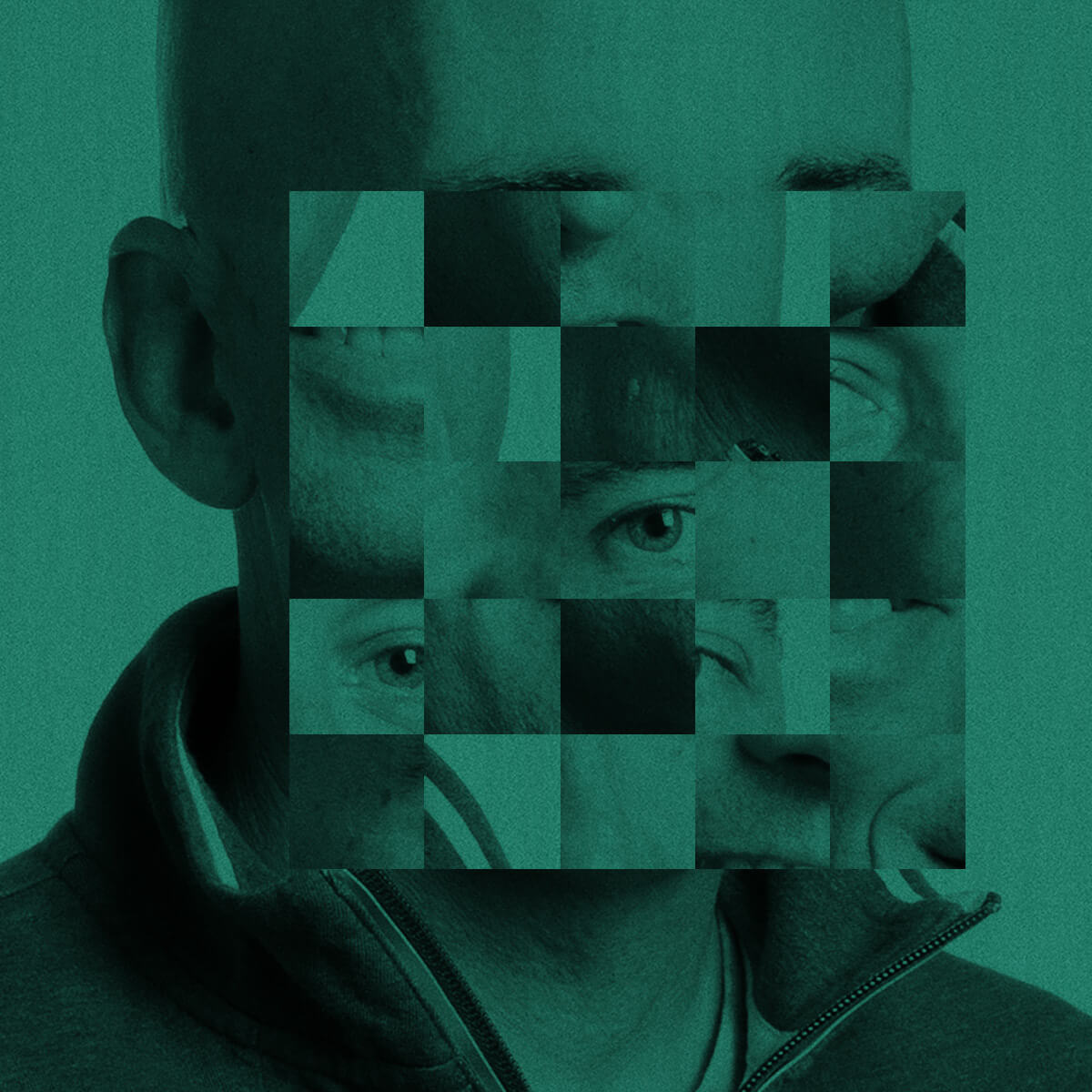Decipher Podcast: Reddit’s Matt Johansen on Identity Attacks, Enterprise Security, and Burnout
Reddit's head of application security Matt Johansen joins Dennis Fisher to talk about the highlights of Black Hat USA, the

He is one of the co-founders of Threatpost and previously wrote for TechTarget and eWeek, when magazines were still a thing that existed. Dennis enjoys finding the stories behind the headlines and digging into the motivations and thinking of both defenders and attackers. His work has appeared in The Boston Globe, The Improper Bostonian, Harvard Business School’s Working Knowledge, and most of his kids’ English papers.

Reddit's head of application security Matt Johansen joins Dennis Fisher to talk about the highlights of Black Hat USA, the
Risk management is not one of humanity's strong points, but we can learn some lessons from our own real life experiences to apply
As software systems have become ever more complex, the opportunity for security researchers to show their value has grown, as
The threat of malicious cryptomining has not waned even as the value of Bitcoin and other cryptocurrencies has plummeted in recent months.
Developers of secure messaging apps say there could be unforeseen long-range effects of anti-encryption laws in Australia and elsewhere.
The Data Care Act, introduced in the Senate this week, would provide large fines for companies that misuse, sell or share user data without permission or proper safeguards.
Decipher Editor-in-Chief Dennis Fisher is joined by Zoe Lindsey and Peter Baker of Duo Security to dive into hacker movie classic WarGames.
Sen. Mark Warner said the U.S. was blinded by its assumed superiority in cyber operations and was unprepared for its adversaries' recent moves.